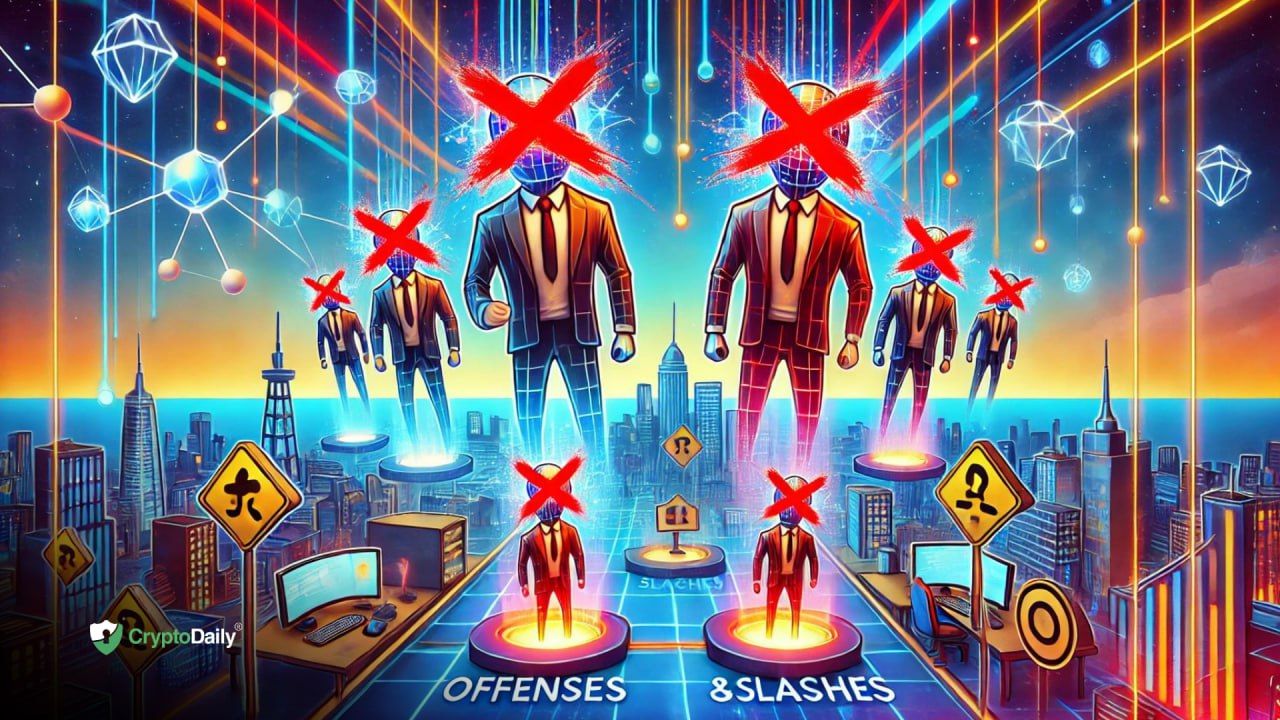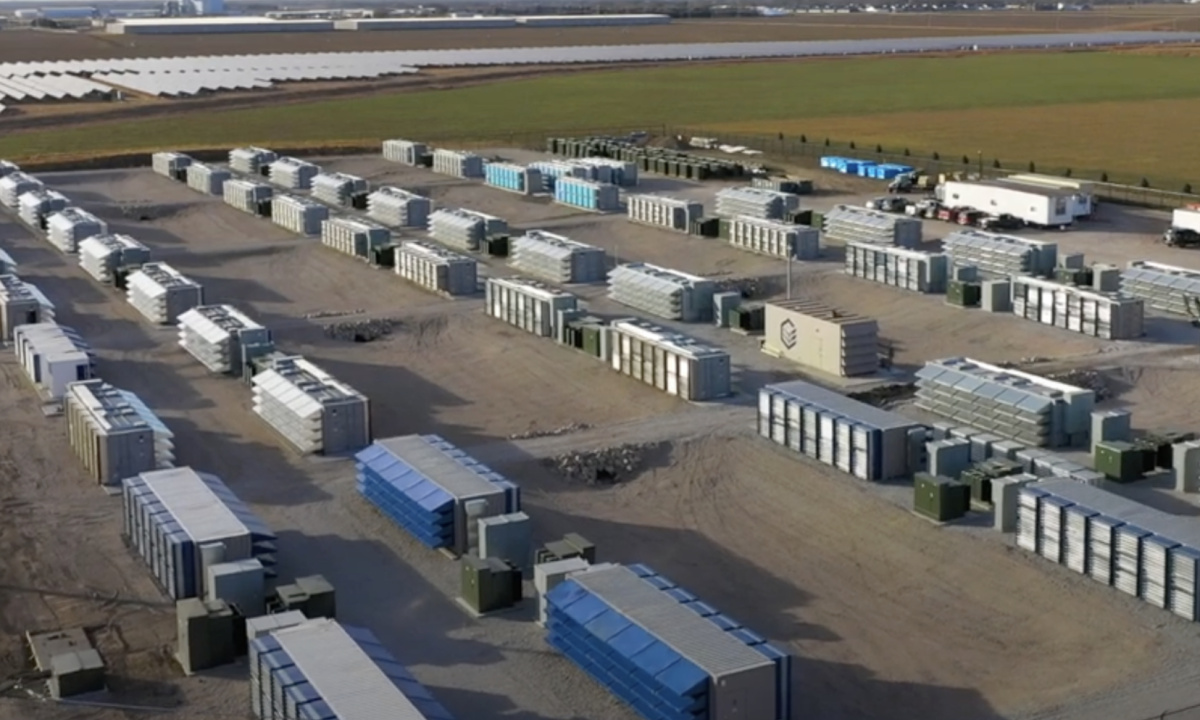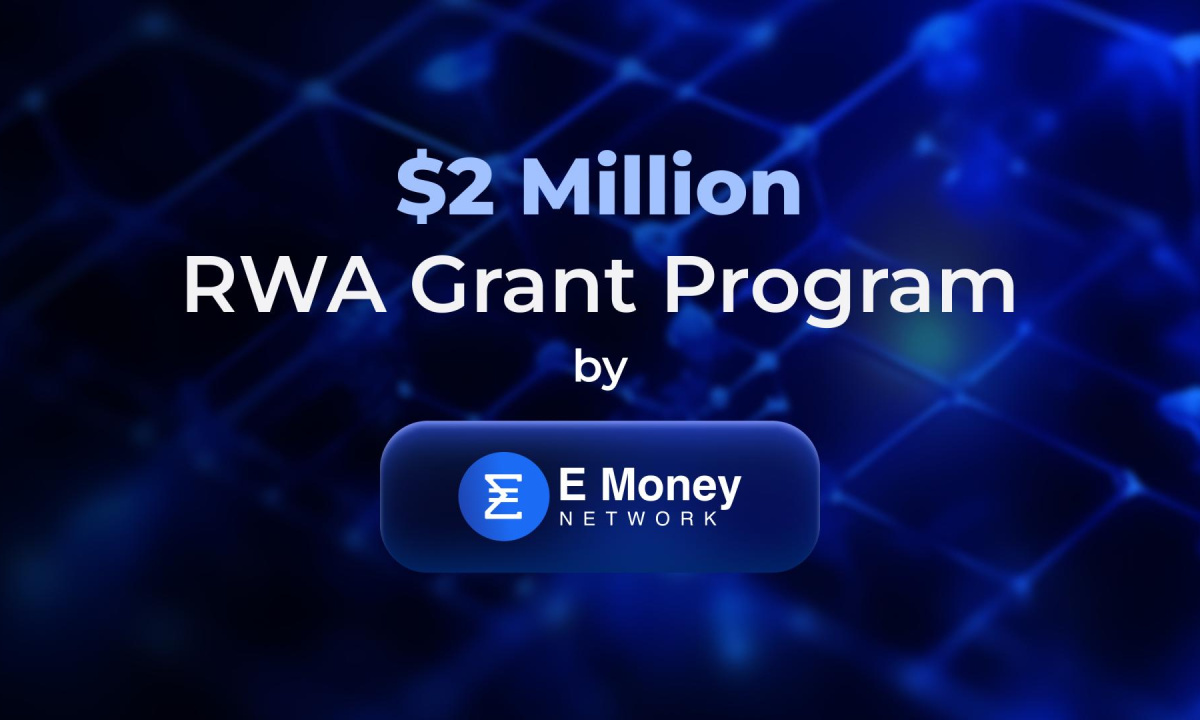Table of Contents
Crypto firms in Hawaii no longer need a Money Transmitter License (MTL) to operate a business in the state. While exempt from the MTL requirement, firms must still comply with all federal licensing laws.
Cryptocurrency firms in the US state of Hawaii no longer have to acquire Money Transmitter License (MTL) to operate a business there. The Hawai’i Department of Commerce and Consumer Affairs (DCCA) stated that the new rules will take effect on June 30.
Still Subject to Federal Licensing Laws
The DCCA announced on June 28 the completion of its collaborative research project, the Digital Currency Innovation Lab (DCIL). The project, initiated in 2020 along with the Hawai’i Technology Developmental Corporation (HTDC), aimed to explore digital currency activity within the state while assessing the necessary regulatory framework for companies specializing in cryptocurrencies.
The pilot program allowed digital currency issues to do business in the state without obtaining a state money transmitter license.
According to a press release, the project’s findings “indicate that digital currency companies will no longer require a Hawai‘i-issued money transmitter license to conduct business within the state.” Under the MTL exemption, companies can “continue transaction activity as an unregulated business.”
While crypto companies are exempt from MTL requirements within the state of Hawaii, they must adhere to any applicable federal licencing and registration requirements set by the Financial Crimes Enforcement Network (FinCEN), Securities and Exchange Commission (SEC), and the Financial Industry Regulatory Authority (FINRA).
The DCCA also urged consumers to remain “vigilant and proactive” when dealing with crypto companies and unregulated markets.
Banking Commissioner Iris Ikeda commented on the project and its findings.
“As we transition from this study to a broader understanding of digital currency, our focus will remain on ensuring that consumers are aware of the risks associated with this matter. We urge the public to stay informed when utilizing any form of digital currency.”
Eleven (11) companies participated in the sandbox, ranging from exchange, brokerages, payment platforms and ATM networks. Participating companies include Apex Crypto, bitFlyer, BlockFi, Cloud Nalu, Coinme, ErisX, Flexa, Gemini, River Financial, SoFi, and Uphold.
During the course of the program, crypto lender BlockFi filed for Chapter 11 bankruptcy protection.
Opinion
Do the findings by Hawaiian regulators demonstrate that the crypto industry is subject to over-regulation? While it is perfectly understandable that a company should comply with federal regulations, additional state-enforced regulations may be overkill. Regulation comes at a great expense, not just in an enforcement sense, but extra costs due to companies choosing not to operate in a particular state due to its regulatory framework.
If a company already complies with federal guidelines, why should companies and consumers be subjected to further red tape and costs by applying for state-mandated licensing? The State of Hawaii’s pilot project demonstrates the overbearing regulatory environment in the US. It explains why many crypto-specialized companies opted for non-US shores to establish their operations.
US regulators should think long and hard over whether the endless regulatory red tape is worth the effort.
Disclaimer: This article is provided for informational purposes only. It is not offered or intended to be used as legal, tax, investment, financial, or other advice.
Investment Disclaimer










